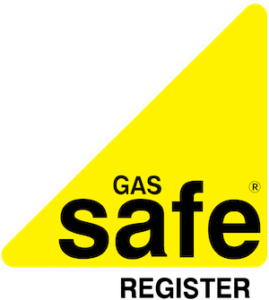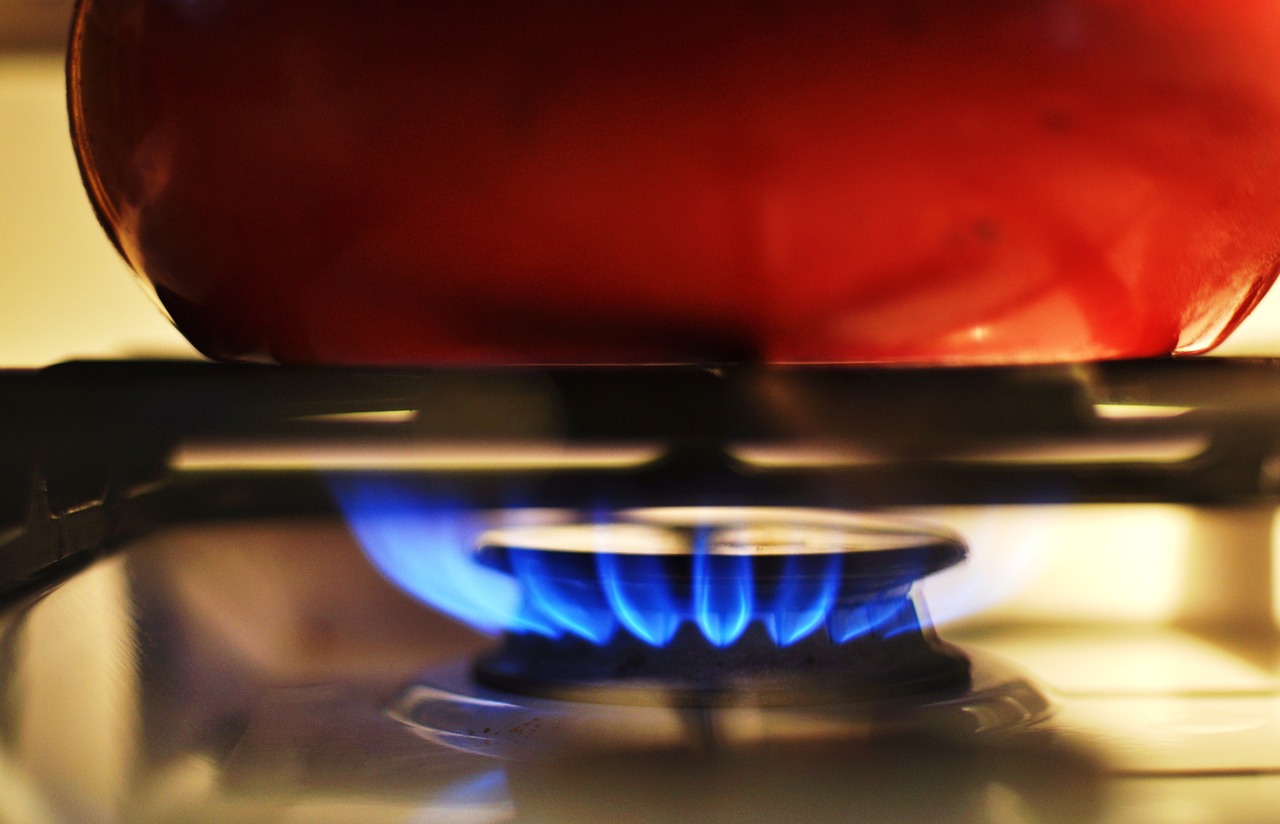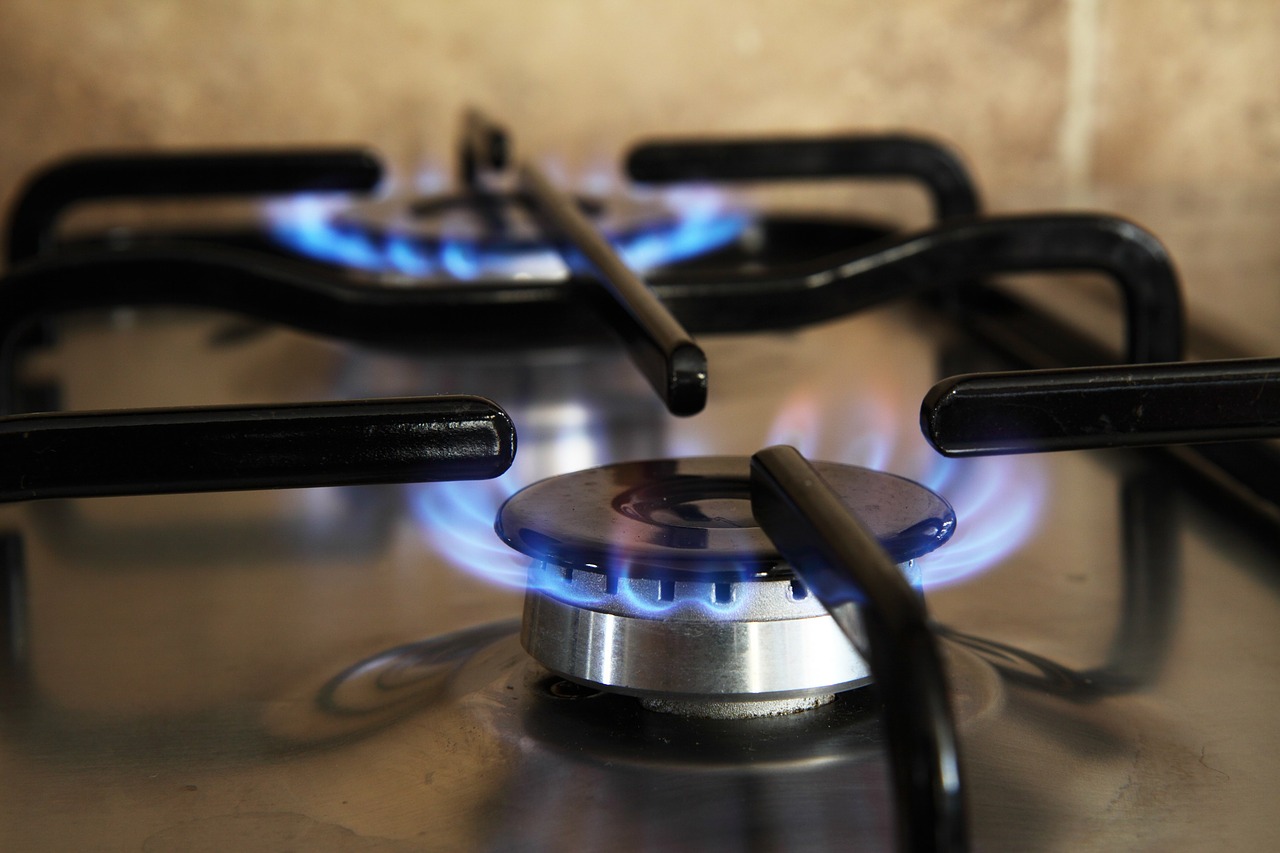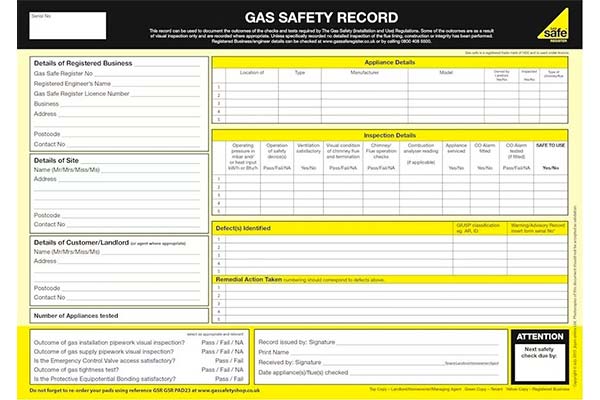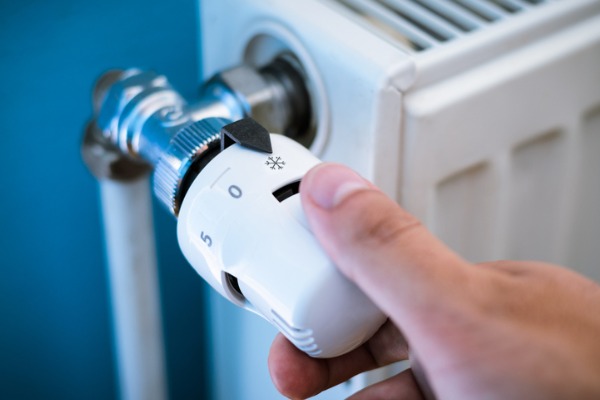According to the Health & Safety Executive, there have been nearly 22 deaths and 1000 gas-related injuries in the past three years alone. This is because natural gas is commonly used as a source of heat and power for common household appliances such as boilers and cookers. The common line “Do you smell gas?” has a scary connotation. Despite how often it is used, not many people are aware of its potential risks and dangers, especially when the appliances are illegally installed, poorly fitted, damaged, or left unchecked. Natural gas is also odourless and colourless, making it much impossible for an untrained or unaware individual to detect even just a small gas leak immediately. Leaks in the home can result in a house fire and explosion.
Don’t worry, though! Being helpless in such situations can be easily prevented. You simply have to be knowledgeable and calm. To help you be more prepared, here’s a basic rundown of how to identify an ongoing gas leak, the risks an unchecked gas leak, what to do when there’s a gas leak, and how to prevent one from ever occurring. It is actually quite easy to prevent gas emergencies from happening that will put you in immediate danger.
Knowing Something’s Wrong
As natural gases are virtually odourless and colourless, you will have to rely on other signs or symptoms to know that one is occurring. It is, however, essential to note that not all symptoms will manifest at the same time, or even at all. Just always be on the lookout for one or any of these signs:
A Faint Odour
Although natural gases are odourless and colourless in their pure form, suppliers often add a hint of the scent of a rotten egg or sulfur, just to make it easier for consumers to identify the presence of gas in the air. This is so users can be alerted when they smell gas. Should you smell gas, the first thing to do is to immediately call a gas safe registered engineer to inspect your gas pipes. Open your windows also to let in the fresh air and let the gas dissipate into the outdoors where it won’t be able to turn into a huge fire and explosion. A Carbon monoxide leak can also be detected by a carbon monoxide alarm.
A Hissing Sound
A whistling or hissing sign near the gas line could potentially mean that there is a leak present. A faulty appliance can also show the signs of a gas leak.
Corrosion and Damage
Your gas line or pipeline should ideally be in tiptop shape all the time. If there is extensive corrosion or damage to your gas line, it is likely that there is a gas leak.
Dead Plants and Browning Grass
When there is a gas leak, the carbon monoxide overpowers the oxygen in the air, thus depriving plants of fresh air, which they need to survive.
Physical Symptoms
Upon gas inhalation, humans may manifest physical symptoms such as dizziness, nausea, weakness, headache, shortness of breath, and fatigue. If you smell gas for a long time and start to experience these symptoms, it’s better to go to the outdoors and breathe in the fresh air.
Orange or yellow flames
Gas appliances normally emit blue flames, have them checked for gas leaks once they start emitting flames with yellow or orange hues. They may have become a faulty appliance.
Risks Of An Unresolved Gas Leak
On top of the usual symptoms, further exposure of a gas leak may lead to dire consequences such as the following:
Fire and explosion
When gas builds up within your home, something as simple as lighting a match or turning on a stovetop burner could ignite it to go up in flames. Gas-induced fires may also cause other appliances that use natural gas to explode. This can result in a series of catastrophes that could blow up everything you’ve ever worked hard for.
Carbon Monoxide Poisoning
Gas leaks may lead to carbon monoxide emission. Exposure to such could cause gastrointestinal problems, allergic reactions, high red and white blood cell counts, migraines, unconsciousness, or worse, death by suffocation.
What To Do When There Is A Suspected or Confirmed Gas Leak
When you suspect or have confirmed a gas leak, immediately do the following:
Call the Authorities
The National Grid Gas has a hotline (0800 111 999) which residents can call in the event of an occurring, or even a suspected, gas leak. A Gas Safe registered engineer can easily verify whether you do have a gas leak or not
Vacate the Premises
Do not wait for the authorities to give specific orders for you to evacuate. Once you know or suspect that there is a gas leak, vacate the premises to avoid gas inhalation. If possible, turn off the gas line before vacating the premises.
Avoid Igniting the Fire
Whether you suspect, or have confirmed, a gas leak, it is best to steer clear of smoking, lighting matches, and using candles. Also, unplug or turn off any electrical appliances that may at any moment emit sparks that could cause explosions and fire.
How To Avoid Gas Leaks
Preparedness is one thing, but it is still best to take the necessary precautions to prevent gas leaks from occurring in the first place.
Regularly Check For Leaks
Now that you know how you can tell if there is a gas leak in your home, be sure to regularly check for any of these signs. Regularly hire a professional to do annual gas safety checks. Aside from this, you may also have a gas detector alarm which can regularly monitor gas levels in your area. Badly fitted gas pipes can also be a reason for leaks.
Keep Your Appliances Well Maintained
This is very important, especially for appliances that use natural gas. Make sure there are no damages, like broken pipes or valves, that could lead to an actual gas leak. Any change in pressure, air flow, and ventilation could lead to dangerous consequences. A faulty appliance need to be instantly replaced so it does not transcend to a major problem.
Employ Legal Gas Workers
Be sure to have a professional help you out with any gas-related work. Find out if your engineer, or their business, is authorized by the Gas Safe Register. This does not only ensure your safety as a consumer, but also your safety as a homeowner.

